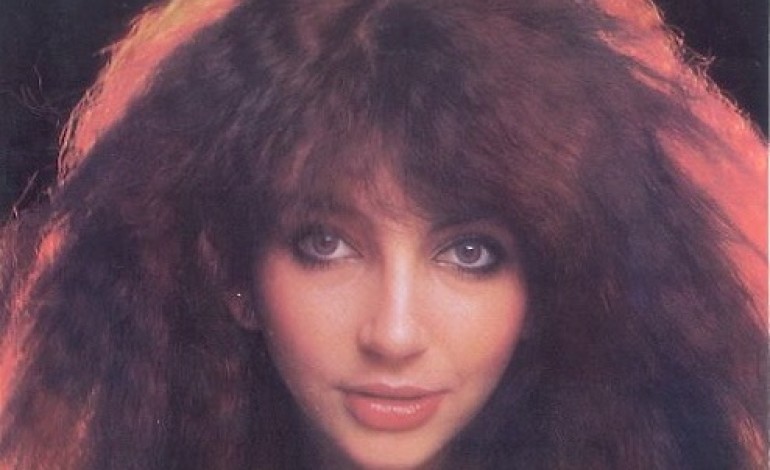
The elusive singer, Kate Bush, has signed the petition from a growing coalition of artists rallying against the unauthorized use of their work to train artificial intelligence systems.
She joins the likes of creative industry heavy-weights such as Paul McCartney, Thom Yorke, Stephen Fry, and Kevin Bacon amongst other actors, musicians, and writers, all of whom are raising alarms over what could be described as an assault on creative integrity.
The campaign, which emerged earlier this year, has gathered momentum with over 37,000 signatures. Its mission is clear: to prevent tech companies from exploiting copyrighted materials without consent. In a sharp rebuke to policymakers, it calls for urgent legislative action to shield creators from the encroachments of AI.
Bush’s endorsement is particularly resonant. Having stepped back from the public eye in recent years, the ‘Wuthering Heights’ singer’s decision to re-engage on this issue underscores its importance. Her involvement follows a rare interview in which she revealed a hunger to return to the recording studio, brimming with ideas for new music. It’s a striking juxtaposition: an artist who has long defined herself by her originality now confronting a technology that threatens to undermine precisely that.
It is not just creatives who are speaking out about the issue and signing the petition. Industry executives such as the composer Edward Newton-Rex - also a former senior executive at Stability AI who resigned over the matter – have warned about the potential for AI to dehumanise art by using it as training information for AI models. Newton-Rex and his non-profit Fairly Trained are working to ensure that creators are being treated fairly in the development of AI.
There have already been several cases where legal action has been brought to an AI company over the non-consensual use of copyrighted work. In early 2023 Getty Images filed a lawsuit against Stability AI in the UK High Court. The court proceedings gained momentum throughout 2023, with significant developments including judicial reviews allowing the case to proceed. The lawsuit is ongoing, and its trial is expected to address key legal questions surrounding copyright and AI training datasets. The lawsuit encapsulates a larger cultural reckoning: as AI’s appetite for creative material grows, so too does the urgency to reconcile innovation with fair compensation for the human ingenuity it relies upon.
Cases such as these, coupled with events such as the deeply negative reaction to advertisements like Apple’s ‘Crush!’—released earlier this year, depicting a car crusher compacting a towering heap of creative tools, from pianos to paint pots, into an iPad— demonstrate that the delicate goodwill of utility that has existed between the tech and creative industries is being slowly eroded.
Companies like OpenAI, Meta, Stability AI and Apple are at a pivotal junction of trust between their creative consumer base and themselves. The response to this growing dissent at the appropriate or inappropriate use of AI, whether from government policymakers or the tech companies themselves, will likely shape the future dynamics between technology and the creative community for years to come.
This confluence of artistic voices and industry voices coming together in this petition represents a rare moment of solidarity across genres, generations, and mediums as musicians, actors, and writers band together to protect their craft. As Kate Bush herself looks to rekindle her creative spark, her message is clear: the future of music and art should be first and foremost in human hands, not at the mercy of imitative algorithms.
